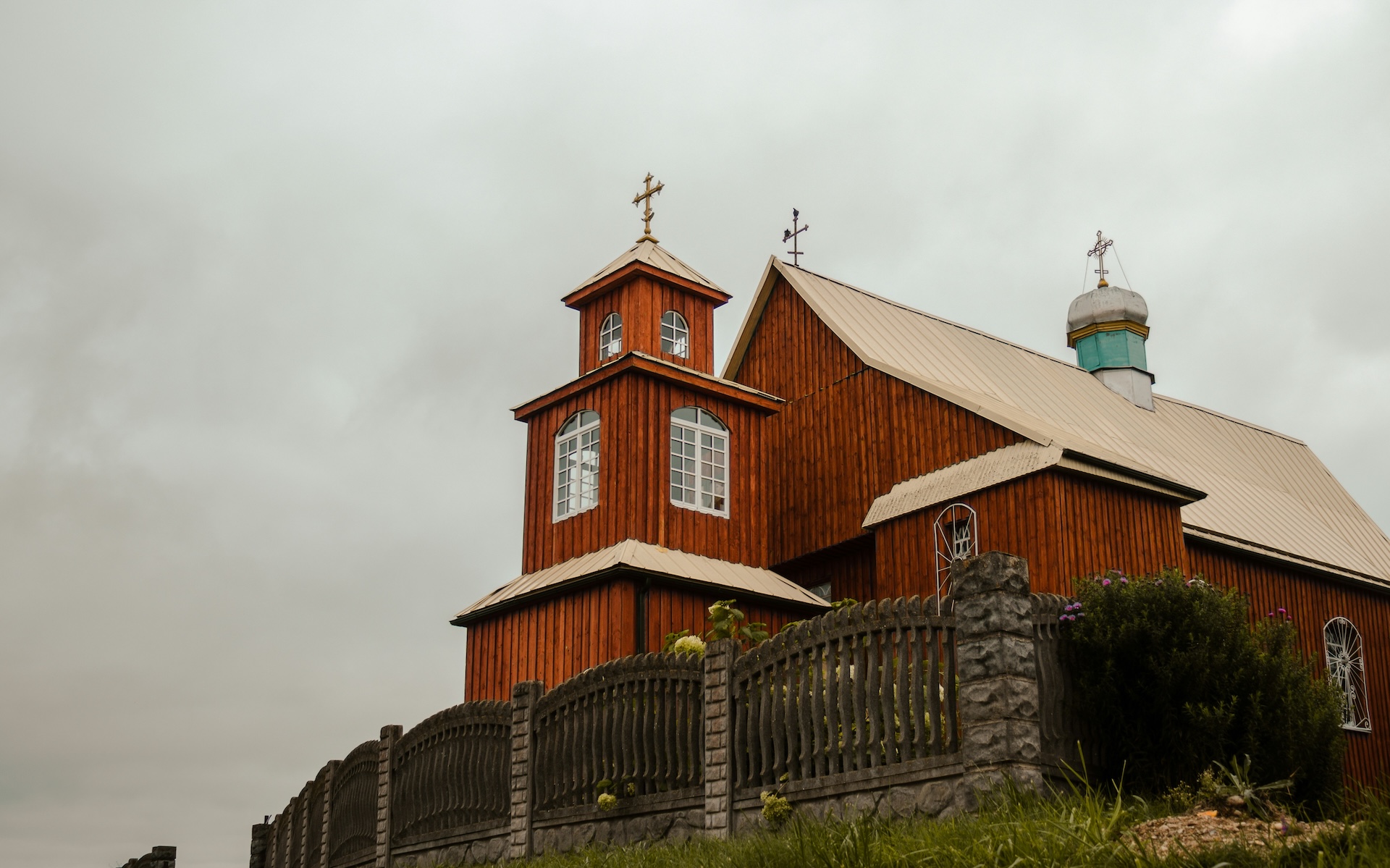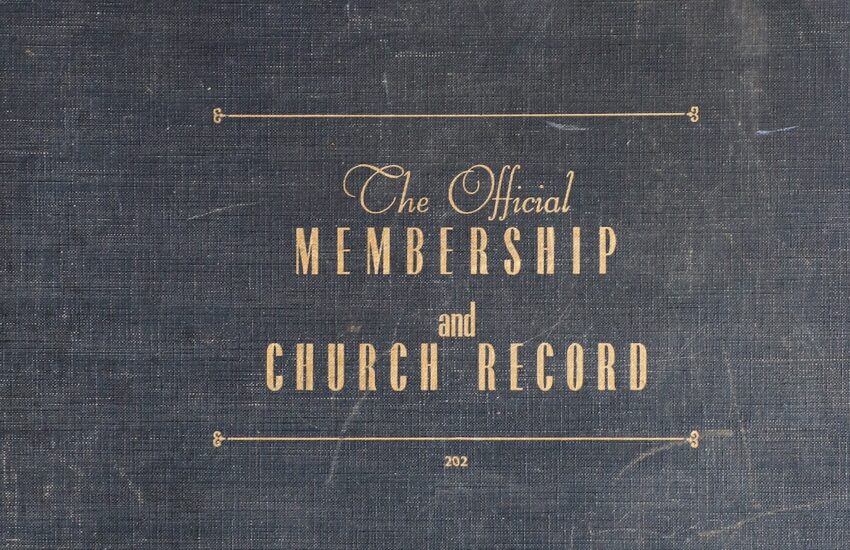How we do Ordinations – A Partaking in the Divine Drama
Today at Redemption Hill Church, we celebrated a milestone—our first ordination. We now have deacons serving among us. Like all meaningful moments, this ordination came after much prayer, study, and planning as we sought the best way to set apart these brothers for their calling. Below is the address I gave during the ceremony—a call for all Christians to embody and dramatize the extravagant mercies of Christ.
Brothers and sisters, friends and strangers, wanderers and wonderers, readers and hearers, you earthen vessels full of heavenly treasure, both the young and the old and everyone in-between, the seasoned saints and the newly born-again — welcome to this life, this fellowship, this moment, an unfolding tale of God’s writing, a symphony of God’s composition.
For you, my friends, are the characters in his story, the notes in his song. And I thought that such an occasion as this deserves such a salutation. Because, today is a day unlike any other. This morning is not a mere formality; rather, we are active participants in a divine drama that began before time and stretches beyond what our eyes can see.
And in this fallen state of human frailty and brokenness, life can so often so easily seem dry and mundane. Therefore, I believe that it is all the more important that we dramatize the drama of life whenever it is appropriate. Here, in the presence of God and this holy congregation, we are about to partake in a moment that is both ordinary and extraordinary.
For God, the Author of life, pens nothing without purpose, and we are at what historically will be the first of many ordination services at Redemption Hill Church.
Now, some may wonder why we would want to make a moment (a scene), a drama of this ordination? Why do we gather, lay hands, speak vows, and present these men publicly? Neither of these men that we are about to ordain will sprout wings when we lay hands on them and grow halos that we cannot look at them with our mortal eyes. No, this is an ordinary moment. But, it is also extraordinary. God has always used visible signs and actions to communicate spiritual realities.
The Bible is filled with holy dramas—moments where words alone wouldn’t do. Think of the burning bush, the fire that consumes Elijah’s offering, the road carved out of the sea for the Israelites, sweet sponges of bread that fell from the skies, five loaves and two fish that fed five thousand, the man who crossed the storm by riding the waves by taking strides across the ocean, or of the Creator washing the feet of his creation. These visible acts grip us, they leave an impression that mere words sometimes cannot. If you are a Christian and you don’t the see the drama, you’re missing out on the extravagance of your God.
This is an ordinary moment that depicts an extraordinary reality. There are many such moments flooded through the week in all our lives and we miss out on that divine drama that God unfolds before our eyes. And so whenever it is appropriate (and that is always, but we do live in a broken world), we ought to pull our heads off the ground every now and then, and be still and know that He is God!
Our Father David, when he declared that there is one thing he desired—to gaze upon the beauty of God—he was pointing us to the core of our purpose. To gaze. That is what we were created for, the sum effect of our existence. To gaze. Not upon worthless things, but upon the infinite.
Before light pierced the darkness, before stars blazed and oceans swelled, there was God. And when He spoke, all things sprang into existence—a cosmic drama teeming with characters, joy, tragedy, love, loss, and redemption. Every mountain, every tree, every breath, every soul in this room is a brushstroke in His grand masterpiece, each story intricately woven by His hand. The Bible calls us His craftsmanship, actors on the stage He constructed, set into motion by His command, animated by His breath.
This act of ordination is no side scene, no filler in the story. No, it is a piece of the drama that began when God spoke life into dust, when He set apart His people, when He redeemed them by blood, and when He sent His Son as the ultimate sacrifice. From the beginning, God has crafted His church to be a living witness, a body held together by His Spirit, a family bound by His blood.
And as we set apart these men for the office of deacon, we echo that divine calling, reminding ourselves that nothing in the life of the church is accidental. This calling, this service, this moment—it is God’s work among us, a mark of His covenant faithfulness.
Imagine for a moment the Old Testament scene when Moses consecrated Aaron and his sons for the priesthood. It was not an everyday occurrence, not a quiet, unnoticed event. Moses didn’t just distribute a pamphlet or update Aaron’s designation in the service sheet from ‘brother of Moses’ to ‘High Priest/brother of Moses’. No, God’s people were called together, His presence filled the tabernacle, and Aaron stood set apart, robed and anointed, because God had chosen him to serve. God was not only giving Aaron a role; He was engraving a reality on the hearts of His people—that their worship, their service, their very lives belonged to God alone.
And here we are today, in our own time, setting apart men to serve, declaring to ourselves and to the world that this is God’s church, these are His people, and this is His calling. As we lay hands on these brothers, we’re partaking in the ancient and ongoing drama of God’s faithfulness. We see the invisible made visible, God’s call heard and answered.
But to be clear, this is not the day when these brothers are called. This is the day that the church recognises their calling. They were called long before and that was evidenced in the manner in which they served our church for many months. Through their actions and devotion, humility and piety, God is now calling upon us his church to hear their and answer it in this ordination.
Just as Israel saw Aaron set apart, as the apostles laid hands on the first deacons, today we witness a continuation of that holy line—a line that reaches back through history and extends forward until Christ returns. We lay hands on these men not simply because it’s tradition but because it is a declaration, a physical testament that these men are set apart to serve God’s people with hands of mercy, with hearts of humility, and with lives surrendered to Christ.
Why do we go through these motions, these formalities, this laying on of hands, these words of commitment? It’s because symbols are powerful, and God has always used them to impress the truth upon His people. When Moses stood on holy ground, he took off his sandals. When Jesus washed His disciples’ feet, He didn’t just tell them about service—He showed them. And today, as we lay hands on these men, we aren’t just talking about service, about ordination, about calling.
We are acting it out, dramatizing it so that the weight of this moment presses down upon us all. We want this holy act etched into our memory, into their memory, into the memory of the whole congregation—that this is no light calling, that God Himself is present, and that His church is being equipped by His hand. Every word we speak, every act of love, every prayer offered, and every burden borne in Christ’s name matters in the story He is writing.
This is not an isolated ceremony; it’s a reminder that our God, who calls these men to serve, also calls each of us to live faithfully in our own chapters. We may not all be ordained as deacons, but we are all called to service, to worship, to love, and to reflect His light. So, as we lay hands on these men, let your hearts be lifted in awe and gratitude. Praise be to our God, who writes no wasted lines, who calls His people to Himself, and who raises up servants for His church.
To Him be glory, forever and ever. Amen.





